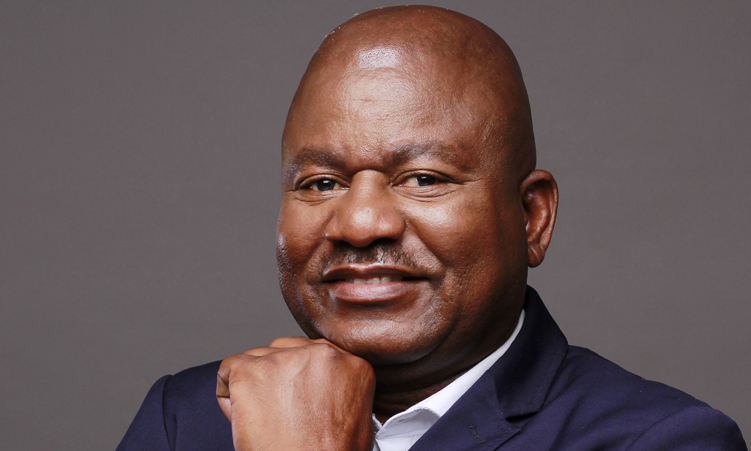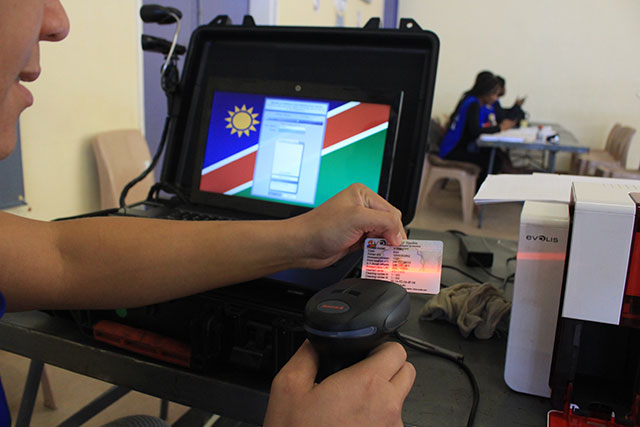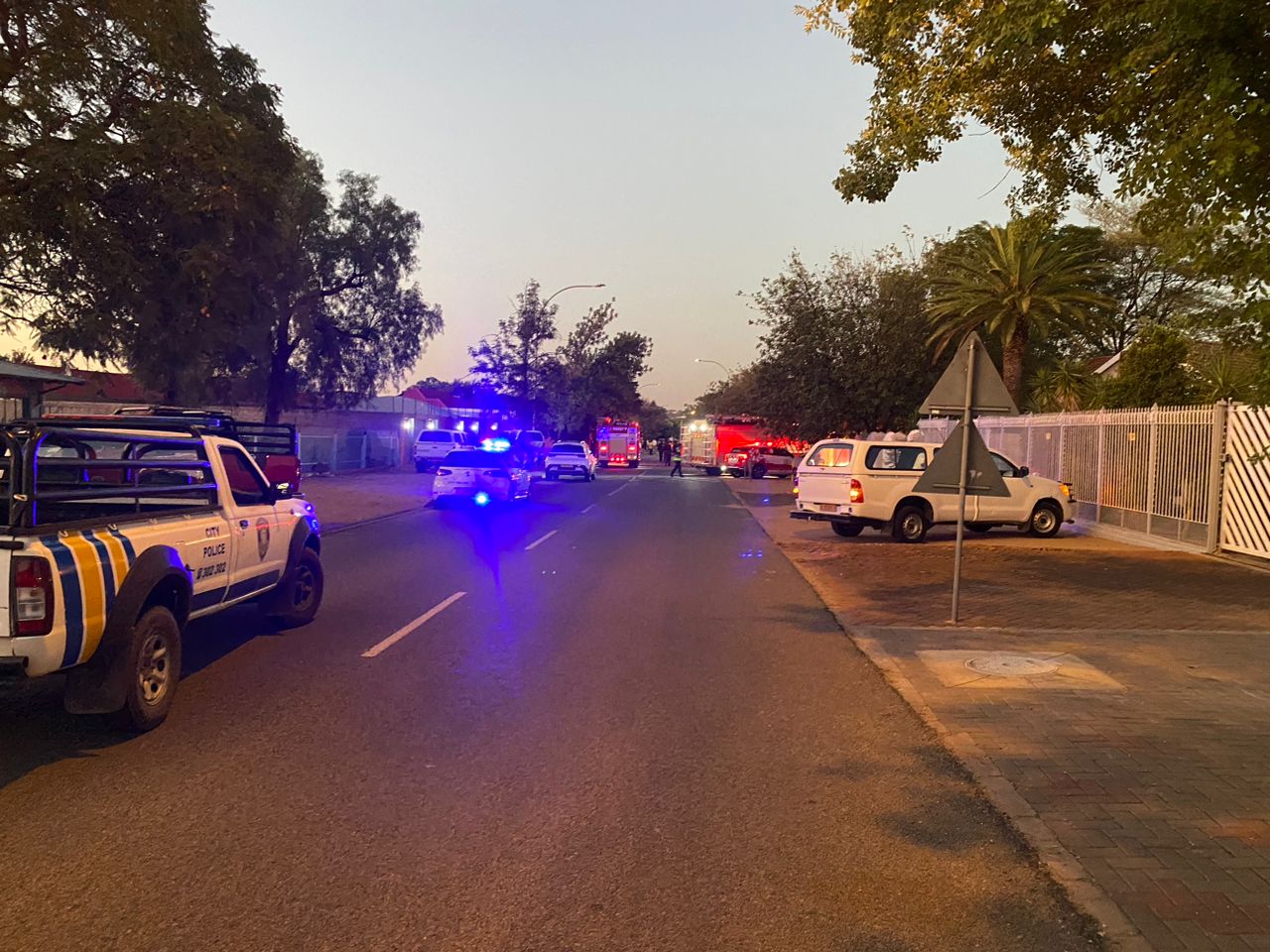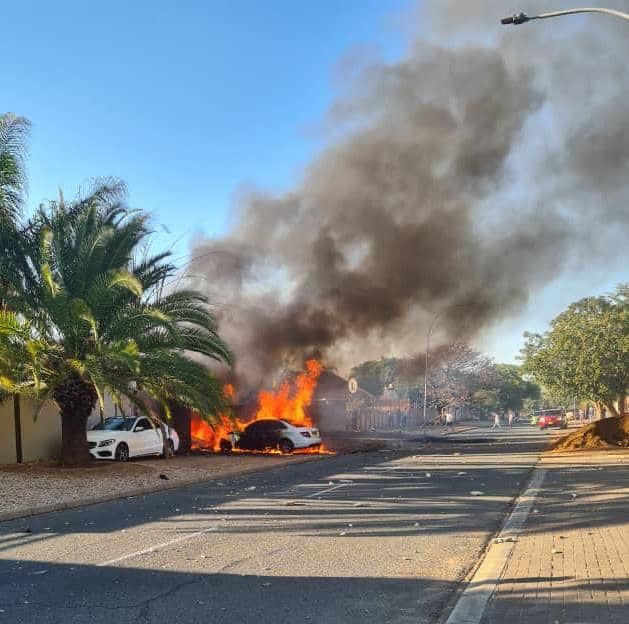… despite bid being N$447m more than other bidder
The Namibia Water Corporation (NamWater) has decided to award a N$935 million tender to a Chinese company to construct a water purification facility at Oshakati, amid concerns that the winning bidder is N$447 million more expensive than one of the competitors.
This is according to bid documents reviewed by The Namibian that show that the national water company awarded the deal to Shaanxi Construction Engineering Group, which initially submitted a bid of around N$790 million.
The bid was also vied for by eight other Chinese companies, but their bids fell sideways as they did not meet the criteria.
They are Zhongmei / Hunan Bestall JV which wanted to construct the purification plant for N$488 million, China Harbour Engineering Namibia, which tendered for N$578 million. China Civil Engineering Construction Corporation asked for N$687 million and Yellow River-Sinohydro JV wanted to construct the purification plant for N$773 million.
Other entities are China Jiangxi International Economic and Technical Limited & Guangdong Yuantian Engineering and Jiangxi Construction Engineering Group (N$882 million).
“Shaanxi Construction Engineering Group Corporation Limited fully met the post qualification criteria as per the requirements under Section 3 of evaluation and qualification criteria and was thus qualified for award,” part of the document reads.
The document also states that “the evaluation committee recommends that the construction contract for the Oshakati purification plant extension project be awarded to Shaanxi Construction Engineering Group Corporation Limited for the amount of N$936 million.”
A letter to NamWater chief executive Abraham Nehemia dated 21 December 2023 from the African Development Bank shows that Shaanxi Construction Engineering Group was established in 1998 but did not list any projects prior to 2010.
“This is against the bank’s guidance as a request for such information will not change the substance of the bid, but this is to establish the qualification of the bidder. The bank insists that such information can be obtained to ascertain whether the bidder has such historical information. Requesting clarification on historical information does not change the substance of the bid,” the bank said in the letter.
Nehemia told The Namibian yesterday that all that has been done to date is a notification of the intention to award.
“We are, therefore, in a 10-day standstill period after which a public notification of the executive summary of evaluation report will be published,” Nehemia said.
The 50 000 cubic metre water purification plant is being financed through funds from the African Development Bank (AfDB) for the Namibia Water Sector Support programme.
In 2022, agriculture minister Calle Schlettwein said planned expansion will complement the existing plant, which can treat 40 000 cubic metres of water from the Calueque Dam in southern Angola via the 150-kilometre Calueque-Oshakati canal.
“This is because the Oshakati treatment plant can no longer satisfy demand due to population growth and other factors, hence the need to refurbish and enlarge it,” Schlettwein said at the time.

The Oshakati Water Treatment plant provides potable water to urban and rural areas in the Oshana, Ohangwena and Oshikoto regions.
The Namibian reported last year that Namibian companies have criticised NamWater for requiring bidders for water infrastructure projects to have N$160 million in cash.
At the time, the Construction Industry Federation (CIF) and the Namibia Local Business Association (Naloba) asked NamWater to cancel the N$2 billion tenders advertised mid-last year.
Several Namibian contractors have criticised the water parastatal for what they term restrictive tender requirements. They say this would automatically rule them out of participating, even as subcontractors, in the company’s water infrastructure development drive.
Some contractors have accused the parastatal of making the selection and bid evaluation criteria inaccessible to Namibians, and have pointed to at least three projects that they believe are problematic.
The three projects are the Rundu Purification Plant Extension, Oshakati Purification Plant and the Ohangwena II Wellfield Supply Scheme.
TOUGH RULES
According to the rules, entities must demonstrate that they have had five years audited financial statements or balance sheets acceptable to NamWater, demonstrating a current sound financial position and indicating bidders’ long-term profitability.
Bidders are further required to have a minimum average annual construction turnover of US$38 million (N$740 million) calculated as total payments received for contracts in progress or completed within the last five years, divided by five years.
Bidders must also prove construction experience either as a prime contractor, subcontractor or JV member or management contractor for the last 15 years starting 1 January 2008.
They are also required to have been involved in the satisfactory completion of two similar projects between 1 January 2010 and the bid submission deadline date.
The two contracts completed must each have been worth US$27 million (N$526 million).
The two contracts completed must have had a capacity of no less than 25 million litres. Other requirements stipulate that bidders must not have a history of court or arbitral award decisions against the bidder since 1 January 2018.
Stay informed with The Namibian – your source for credible journalism. Get in-depth reporting and opinions for
only N$85 a month. Invest in journalism, invest in democracy –
Subscribe Now!






